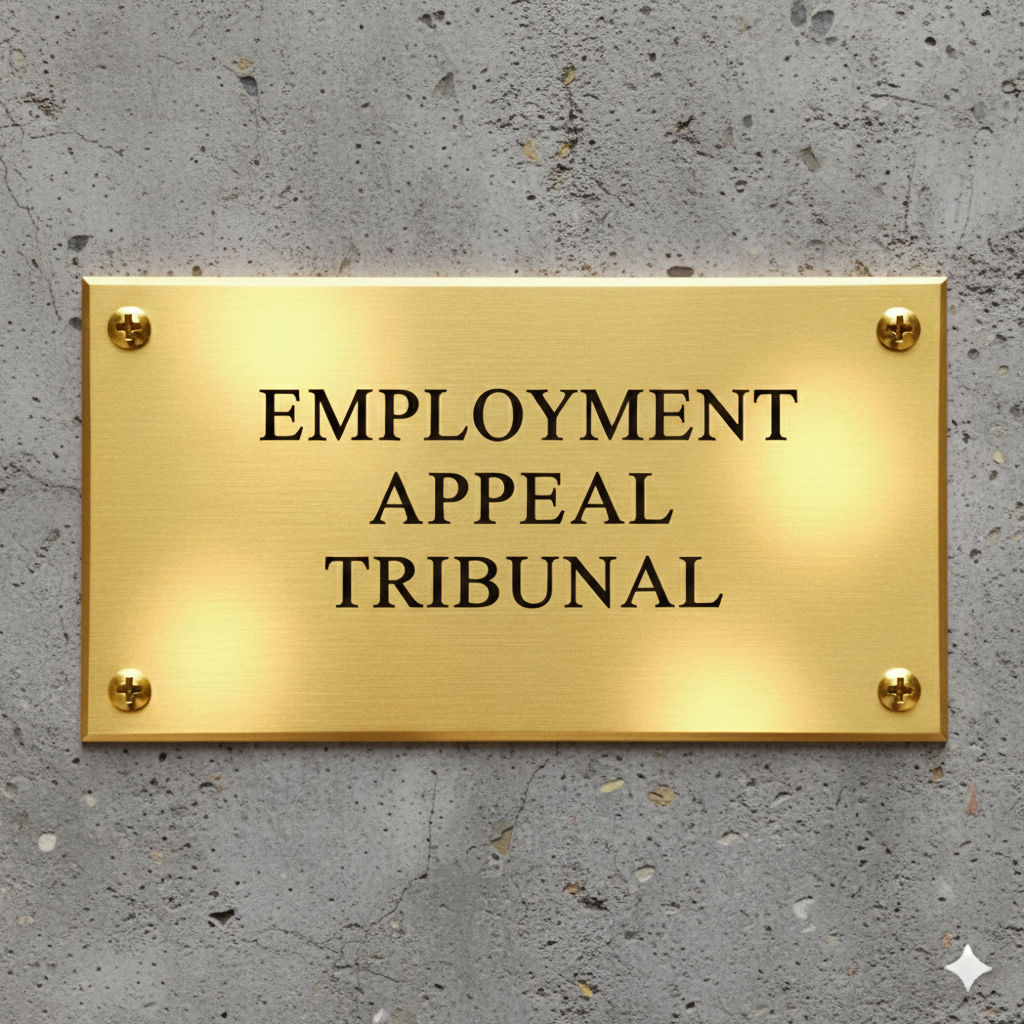Tribunal Upholds Anonymity in Disability Discrimination Claim: Claimant's Fears of Disclosure Justified
The Employment Appeal Tribunal has upheld a claimant's right to anonymity in a disability discrimination case, acknowledging the potential impact of disclosing their Asperger's diagnosis on future employment.
• public
Anonymity Granted in Disability Discrimination Case
The Employment Appeal Tribunal (EAT) has overturned a previous Employment Tribunal (ET) decision, granting anonymity to both parties in a disability discrimination case. The claimant, referred to as F, brought the claim against the respondent, J, alleging disability discrimination. F has Asperger's Syndrome, a form of Autism Spectrum Disorder, and had concealed this diagnosis throughout their working life.
Fears of Professional Harm
The core of the appeal centred on F's concern that revealing their diagnosis would severely damage their employability, particularly in the education sector. F presented evidence suggesting a stigma associated with autism and low employment rates for autistic individuals. The initial ET ruling had denied anonymity, arguing a lack of objective evidence supporting F's fears.
EAT Overturns Decision
The EAT, led by His Honour Judge Barklem, found that the ET had set an unreasonably high standard of proof for F. The EAT stated that it was “inherently impossible to prove what will happen in the future”. The EAT considered it an error of law to require the claimant to prove objectively that his fears were well-grounded. The EAT noted the original tribunal failed to consider whether the new employer was aware of his disability, which was the key point in issue.
Impact on Open Justice
While acknowledging the importance of open justice, the EAT determined that the potential harm to F's future outweighed this principle. The anonymity was extended to the respondent as well, to prevent indirect identification of the claimant, given the level of detail likely to emerge during the proceedings.
Conclusion
The EAT ultimately ruled that, based on the evidence, there was only one possible outcome: that anonymity for both parties was not contrary to the public interest.
Ms Akua Reindorf of Eversheds Sutherland represented the respondent.
Read the entire judgement here: F v J [2025] EAT 34
